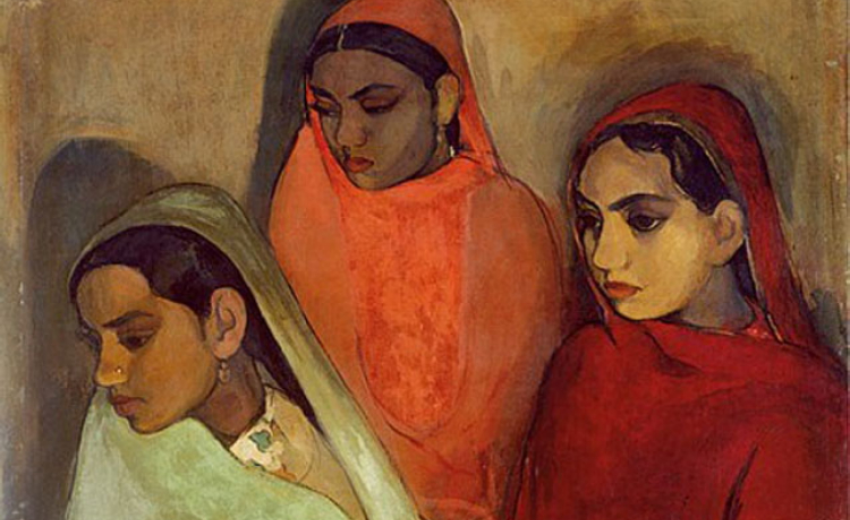So I am the least likely person to be writing this. My Punjabi is terrible. I rarely go to the Gurdwara. And worst of all, my rotis are anything but round. I simply am not the idealistic definition of a Sikh. But before we go any further, I want to tell you about a conversation I had a year ago. I was chatting with a good friend of mine and this conversation quickly escalated into an argument. An argument about Sikhi. Although he and I both grew up in Sikh homes. Both children of hard working immigrant parents. Both surrounded by the love of our grandparents, chachas and aunties. We had wholly different experiences with Sikhi.
You see; I am a female.
I know the story of Sikhi is that men and women are equals. And when that ideology is set against the contrasting culture of India’s rampant misogyny, Sikhi is revolutionary. That is simply extraordinary. After all, Guru Nanak Sahib said, “from her kings are born.” Yet today, we as females are made not only to feel inferior, but filled with doubt about what Sikhi actually stands for. I was frustrated, lost and angry. And vented these emotions to him.
He tried to persuade me about the power of Sikhi. So I shared with him an experience I had. I had not been home to my pind, Madhopur, since I was four years old. Though it was so long ago, I remembered how the wheat fields danced for me and how the sun spread its warm embrace through the sky. A quarter of a century later, my mum, dad, Bea ji and I returned home. I connected with my ancestral home, visited with distant family, knocked back gol guppay and like any good Sikh, made my way to Harmandir Sahib.
We were there for three nights. And during the wee hours of one morning, we went to watch Sri Guru Granth Sahib being ceremoniously moved from Akal Takht. I noticed my Dad was participating in the procession, but my mum and Bea ji stood idly next to me. So I whispered to my Bea ji, “why aren’t you with Dad?” Her hushed response emptied my heart. “Because, Pindie, we are not allowed. We are women.”
After sharing this story, I asked him, if our faith is founded on equality why do we as females face such inequality? He was left speechless.
A few days passed and he somehow managed to persuade me to come to a SikhRI event. I stubbornly attended. And from a place of confliction and confusion, I began to connect.
I connected to the poetic prose of Inni Kaur and the magnetic force of Harinder Singh. I connected to the space they created to ask my stupid, innocent questions. I connected to the Guru’s way of thinking. And so began my journey with Sikhi.
I know there are others like me. Who are just as lost. Just as puzzled. And just as disheartened.
Yet, we continue to ignore the fact that our youth are being neglected and not taught about what it means to be a Sikh. Our grandmothers and mothers are being treated as if they are second class in the most sacred of spaces. Our leaders are falling silent in speaking up for injustices that face humanity, from the farmers of Punjab to the wars that divide us. And we are becoming less concerned about keeping Sikhi alive and thriving.
We, as a community, are at a crossroads. And it’s time we meet the challenges that face us and build for the future. After all, if you truly believe in something, and you truly believe in it’s work, you have to be willing in making that work happen.
If we rise up together, we can reclaim the promise and ensure the future of Sikhi.
Much gratitude. Much love. --
--------------------
As an interesting aside, it is worth noting Dr. Harbans Lal's comment on the above:
